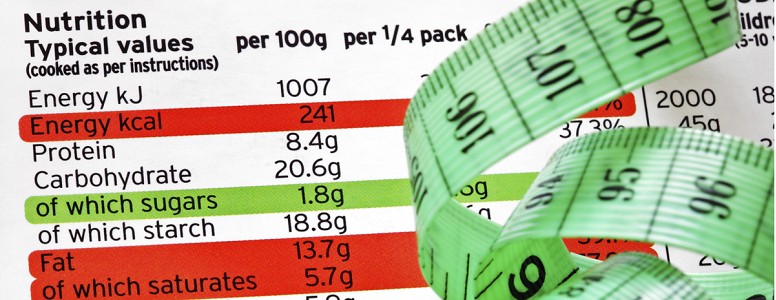The type and size of a meal are the two most important factors when carb counting, for those with type 1 diabetes, researchers have said.
An Italian team involved looking at health data taken from 50 adults with type 1 diabetes from a study based on carb counting.
Carb counting errors are common and can impact upon one’s health. Inaccurately estimating the carbohydrate content of a meal can lead to errors in insulin dosing. Underestimations can lead to hyperglycemia (high blood sugar), while overestimations can result in hypoglycemia (low blood sugar).
For three days, the participants were asked to guess how many carbs they were eating at each meal. Their estimates were then compared to calculations made by a dietitian.
The researchers assessed how much effect various factors had on carb counting errors. These factors incldued education, duration of insulin treatment, age, body weight and the carb, protein, fat and fibre content of each meal.
Having assessed all of the different elements, the team found that the carbohydrate content and size of the meal were the key elements in how accurately carbs were counted.
They discovered that larger meals, such as lunch and dinner, led to more carb counting mistakes when compared to snacks or breakfast.
These results perhaps lend credit to Dr Richard K. Bernstein’s ‘rule of small numbers’, which states that a smaller amount of carbohydrate in a meal will lead to a smaller error in the counting and so a smaller error in amount of insulin injected to cover that carbohydrate.
Study author Dr Martina Vettoretti, from the University of Padova in Italy, said: “Glucose control around meal times remains challenging for people with type 1 diabetes.
“Our findings underscore the need for better information to help patients better estimate the carbohydrate content of their meals.
“Once included in type 1 diabetes computer simulations, our model will enable researchers to assess the impact of carb counting error on blood sugar control and, more in general, to help study behavioural risk factors for hypoglycemia and assess the potential benefits of addressing them.”
The research is part of the European research project, Hypo-RESOLVE, which aims to provide researchers and clinicians with more data on hypoglycemia.
The findings were unveiled at the 55th annual meeting of the European Association for the Study of Diabetes (EASD) in Barcelona, which is running from 16-20 Sept.








